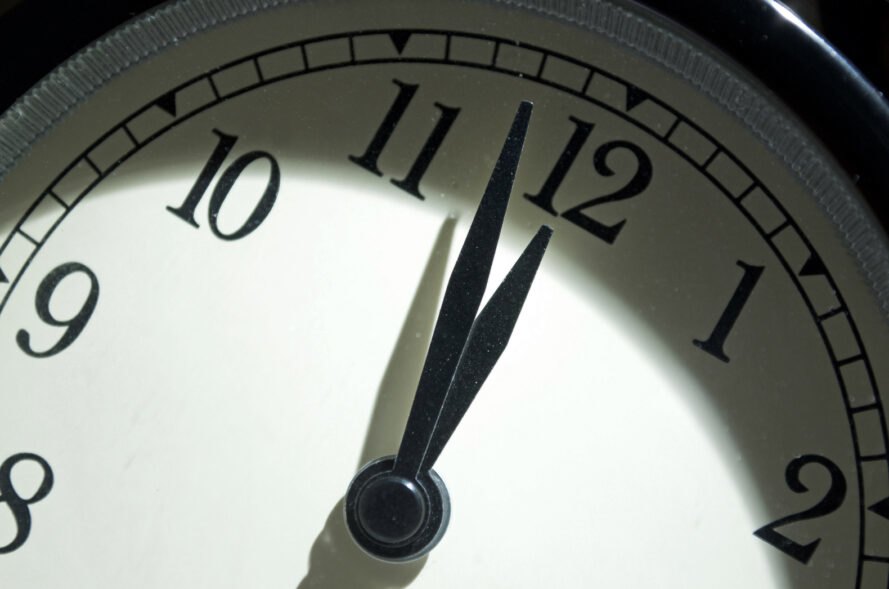This week’s Torah and Haftarah portions are chock full of information about one of our most favorite topics: sacrifice. Okay, maybe that’s not our most favorite topic, but we can learn a lot from our ancestors about sacrifice and we can certainly relate it to our lives now.
I’m gonna take you back to biblical times. 1823. Just kidding. I couldn’t resist the Book of Mormon reference. This week’s portion is Vayikra and it mentions five types of sacrifice:
- A voluntary sacrifice called zevach sh’lamim or “sacrifice of well-being” which is sometimes done in fulfillment of a vow.
- A standard, burnt offering called olah which was voluntary and very holy.
- The meal offering, called minchah which was partly burned and partly given to the priests to eat.
- The sin offering called chatat that was required to rid oneself of unintentional sins.
- The penalty offering called asham which was required mostly of someone who had misappropriated property.
Sacrifices were an important part of life and an important part of the people’s relationship with God. Sacrifices brought the Israelites closer to God. Today we’re not going out, capturing a ram, and sacrificing it to grow closer to God. We sacrifice in a different way. Every day we sacrifice our time, our resources and sometimes even our sanity. We take time out of our days to volunteer, we donate money, and we even donate our sanity at times when we do tasks that can be frustrating. We make these sacrifices for the people and places that we love and because we know that society is somehow better for it. While these sacrifices are different than those from the Bible, they are no less important. Donating time or money to help others and risking a little bit of our sanity to ensure the well being of society all bring us closer to God and make us better humans. There is a famous Talmudic teaching that says, “He who saves a life it is as if he has saved the whole world.” Our sacrifices can aid us in our saving the lives of others and, in turn, saving the whole world. Saving the world definitely brings us closer to God.
So, if you’re looking for ways to practice your Judaism that don’t necessarily involve going to synagogue and praying from a siddur, look no further. Donate to a good cause. Volunteer at a fundraiser. Help your elderly neighbor purchase groceries or with household activities. Spend time with your family. Most currently, practice your Judaism by sacrificing yourself and staying home during this health crisis. Practice social distancing and sacrifice your want to hang out with friends or go shopping. You can quite literally save the whole world.
A common trope we see in movies, TV, and books is a character sacrificing themselves or something for someone else. We even see this is media aimed towards a younger audience. Why? I like to think that it’s to help teach our children that sometimes we have to do things that we don’t want to do and that the world doesn’t revolve around us.
This week we have chosen to talk about one of our favorite Disney films, Beauty and the Beast. Growing up, Belle was my favorite princess (though Ariel was a close second). We had a lot in common, our hair and eye color, our love of reading, we gave up our freedom to save our father from a scary beast…ok so maybe not that last one. But at least this made a nice little segue into our main topic for today, right?
As mentioned in the little anecdote above, Belle made a pretty big sacrifice at the beginning of the movie. Her father was being held prisoner by the Beast and Belle offered to take his place. Now this wasn’t a, “you’re my prisoner for 3 months then get out of my sight” situation, no this was more of a “you are my prisoner for all of eternity” kind of deal. This makes Belle’s sacrifice even greater. She had a full life ahead of her, and she gave all of that up.
What we can learn from this is that sometimes we need to put others before ourselves. The little things we do can make a great difference in the lives of others, it’s a ripple effect. Belle gave up her freedom to make sure her father kept his. While at the castle, she thawed the Beast’s heart and saved a whole castle full of people from living all of eternity as household objects. We can create our own ripple too. If we donate a coat, a kid can stay warm all this winter and for many winters after which not only keeps them warm and healthy but takes one more burden off of their family. If we donate pet supplies to a shelter, those supplies can keep the animals well-fed and warm. Then the shelter can take the money they saved on buying supplies to put towards rescuing another animal in need so that more animals can find a loving home.
So this week, we’d like you to take a moment and think. While we are all doing what we can to stay safe and healthy (please stay home if you are able and only go out if absolutely necessary), think about how you can help someone else. Donate to an organization that you believe in, order from a local business, offer to get groceries for a neighbor who cannot do so themselves. There are so many possibilities. It’s times like these that we need to make some sacrifices to put some good and positivity back into the world. United we stand but divided we fall.





